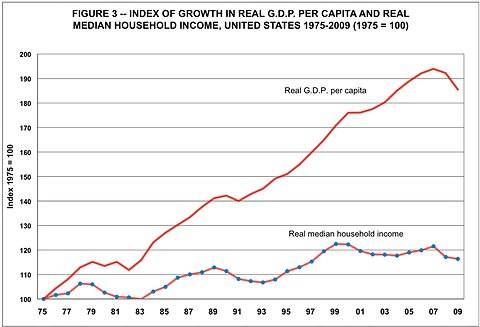EdwardBaiamonte
Platinum Member
- Nov 23, 2011
- 34,612
- 2,153
- 1,100
C) Increase goverment spending in infrastructure ( this is the hardest part). The spending has to be directed in improving the efficiency.
surely you must have your best example at hand to share with us? and why would the taxing necessary for the spending not depress the economy?




